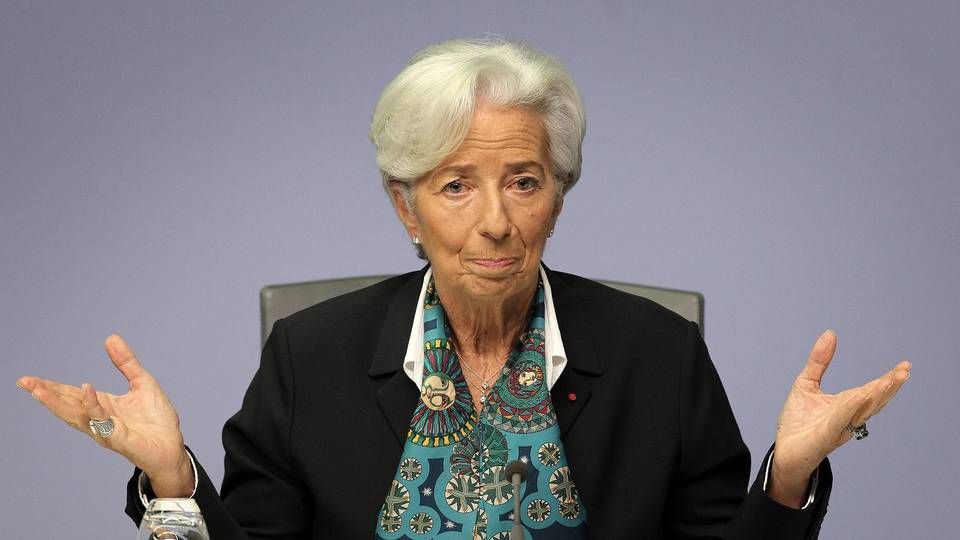German judges give ECB three months to fix QE program

The critical language sets a hurdle for the ECB’s crisis-fighting, though the ultimate impact may be muted. The new 750 billion-euro ($813 billion) Pandemic Emergency Purchase Program, created to the fallout from the coronavirus outbreak, was explicitly excluded from the ruling.
In a 7-to-1 ruling, the judges said that the quantitative easing program isn’t backed by European Union treaties. That’s why German authorities acted unconstitutionally by not challenging the 2.7 trillion euro plan.
The ECB’s controversial asset-purchase program has been a concern for the German court since 2015, when the case was filed. In 2017, the judges asked the EU Court of Justice for an interim ruling aimed at limiting the ECB’s leeway, but the EU tribunal rejected the restrictive reading of the law suggested by their German counterparts.
“In short: German Constitutional Court sees no breaching of the prohibition of monetary financing of governments but German government and parliament should have challenged ECB’s decisions,” Carsten Brzeski, chief economist at ING Germany, said on Twitter.
A Bundesbank spokesman declined to immediately comment.
The euro bore the brunt of the uncertainty in markets created by the ruling, sliding as much as 0.7% to $1.0826, the lowest level this month. Italian bonds led declines in Europe, with 10-year yields climbing seven basis points to 1.83%, while German government securities also fell on the prospect the Bundesbank’s purchases could be restricted in the future.
The court said the ECB should have discussed a number of factors on how QE may have affected a wide swath of the economy, including shareholders, renters and insurance buyers. Reviewing those issues, and the proportionality of QE, would bring the program into compliance with EU law.
The ruling “only concerns the duty of the ECB to scrutiny its own action under a proportionality guideline and to document that. Thus, the ECB isn’t per se blocked in any way,” said court president Andreas Vosskulhle. “It depends on how the actions are being set up.”
The lawsuit was filed by a group of businessmen and academics who are frequent critics of the EU. They argued that the ECB is improperly conducting economic policy instead of simply setting monetary policy.
“I assume that the ECB will follow the guidance, albeit without much enthusiasm,” said Joachim Wieland, a law professor at the University of Administrative Sciences, who sees the real challenge in the future relationship between the EU Court of Justice and national courts. “It’s an invitation for other countries to simply ignore decisions that they don’t like.”
PEPP Unthreatened
The ECB intensified its response as shutdowns because of Covid-19 pushed the region’s economy into a record contraction.
ECB President Christine Lagarde said on April 30 that continued and ambitious efforts are needed to fight the crisis. Germany’s participation is critical for the success of QE as the country’s own Bundesbank is the biggest buyer of debt under the program.
QE originally ran from early 2015 until the end of 2018, and was controversially resumed last year after a decision in the final weeks of Mario Draghi’s presidency that divided the ECB’s Governing Council.
Total holdings were 2.7 trillion euros at the end of March, with at least another 300 billion euros scheduled for this year to help fight the recession sparked by the coronavirus.
In addition, the ECB created a 750 billion-euro Pandemic Emergency Purchase Program in March that scraps most of the limits that constrain the other plans. Tuesday’s ruling won’t formally cover PEPP, but the court’s underlying reasoning could hold legal implications for it.
Under the combined programs, the ECB will buy more than 1 trillion euros of debt through the end of this year.
Lagarde said April 30 the central bank is “fully prepared” to increase or extend the PEPP if needed.













